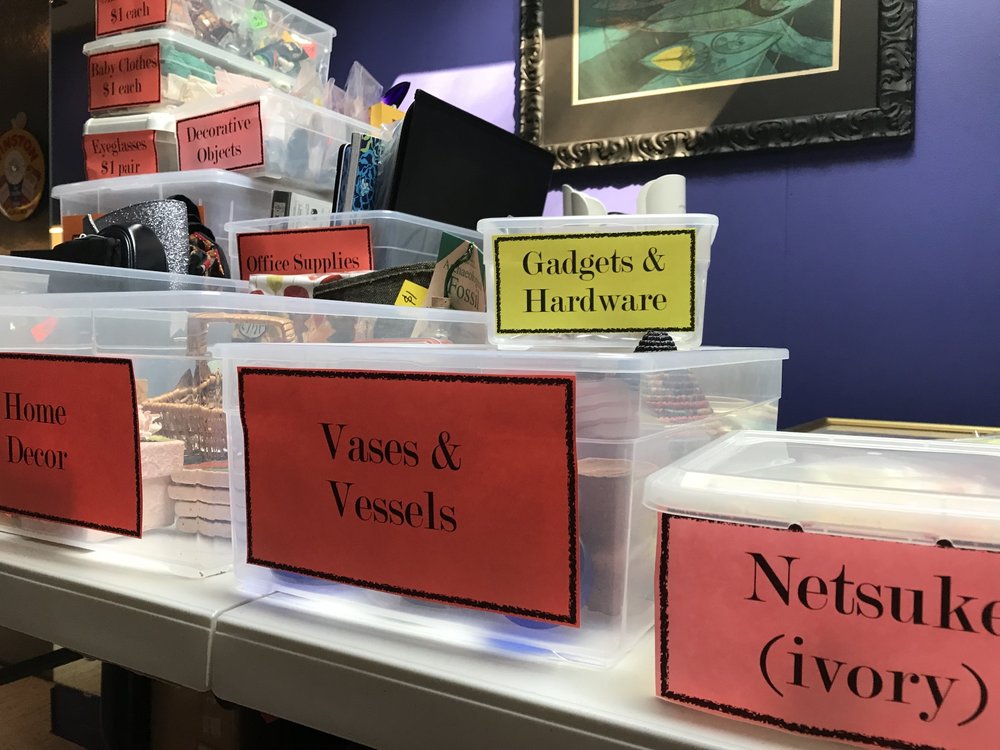Mindfulness practice is visible in several ways. There is the formal practice of mindfulness meditation and the informal practice of living mindfully. I engage in both daily, but not 100% of the time. Practicing mindfulness is being in the present moment with awareness of what you’re doing, feeling, or sensing without judgment. That can include focusing on the breath moving in and out of your body, returning your keys to their designated ‘home,’ noticing the leaves turning bright red as the season shifts, or feeling the tightness in your belly as you return to the office after working from home for the past 18 months. The body and mind constantly give us cues and opportunities to practice mindfulness and bring us back to the present moment.
Recently I found mindfulness cues and inspiration from an unlikely source- my cordless phone. Yes. I still have a landline. The messages displayed on the front of the telephone describe its status. While they serve a specific purpose in letting me know what my phone is doing, the words triggered ideas connected to mindfulness practices. As you continue reading, notice which cues and concepts resonate with you.
4 Mindfulness Cues I Discovered on My Phone
1. “Fully charged”
What does it mean to be “fully charged?” Are you ready for your day? Are you focused, aware, and living in this moment? In a mindfulness context, consider this as a reminder to be present. Be like that red “You Are Here” marker on a map. You are not ruminating about the past or worrying about the future. Your feet are firmly planted on the ground and you are here now. You are available and present.
2. “Missed call”
I mentioned earlier how I engage in daily mindfulness practice, but not 100% of the time. A “missed call” indicates you weren’t available when someone reached out. The person chose not to leave a message. Does that sound familiar? I equate the “missed call” to how our mind tends to wander, which is normal. Being aware when you’ve strayed brings you back to the present moment to engage more fully in your life. A mindful presence will improve your relationships, work, and pursuits.
“A mindful presence will improve your relationships, work, and pursuits.”
3. “Voice message”
Unlike the missed call, which has no message attached, the “voice message” includes information requiring a response or action. Considering mindfulness, what words do you tell yourself? Are they uplifting or self-deprecating? Is it time to record a new message? Use the “voice message” cue as a mindfulness check-in and a way to support your best self.
4. “Charging”
When we’re distracted, over-extended, and overwhelmed, it’s easy to skip the basics. We’re so entrenched with doing that we forget about our needs. In this stressed state, it’s more challenging to incorporate mindfulness. We eliminate the importance of renewal or “charging.” Our electronics need to be juiced up, or they stop working. Our minds and bodies need rejuvenation, too, or we’ll cease to function well. Let the “charging” cue be your self-care reminder. What helps you refocus and relax? For me, sleep is essential. But I also like to journal, meditate, do yoga, read, sit in the sun, be or talk with loved ones, watch movies, and walk by the water and woods. What will you include in your mindfulness charging station?
Just like my phone, many of our devices display messages. Usually, we take them at face value, which is how they were designed to function. But it’s fun to find inspiration and extend their meaning to create more mindfulness in our lives. Which ideas resonate with you? I’d love to hear your thoughts. I invite you to join the conversation.















